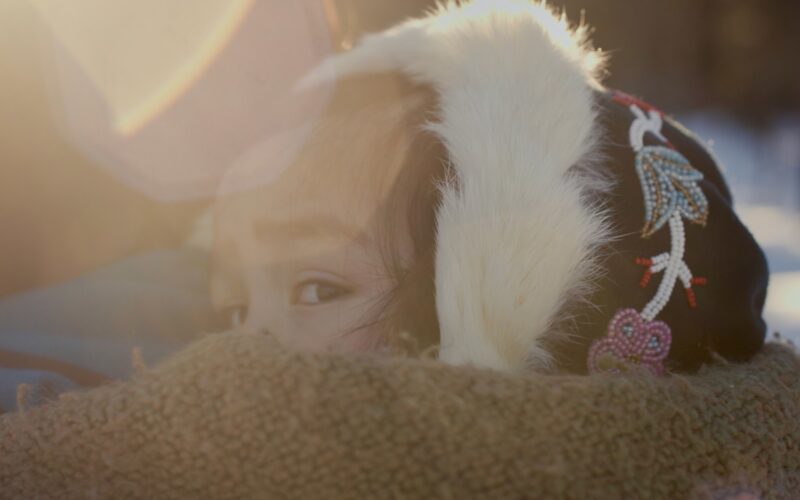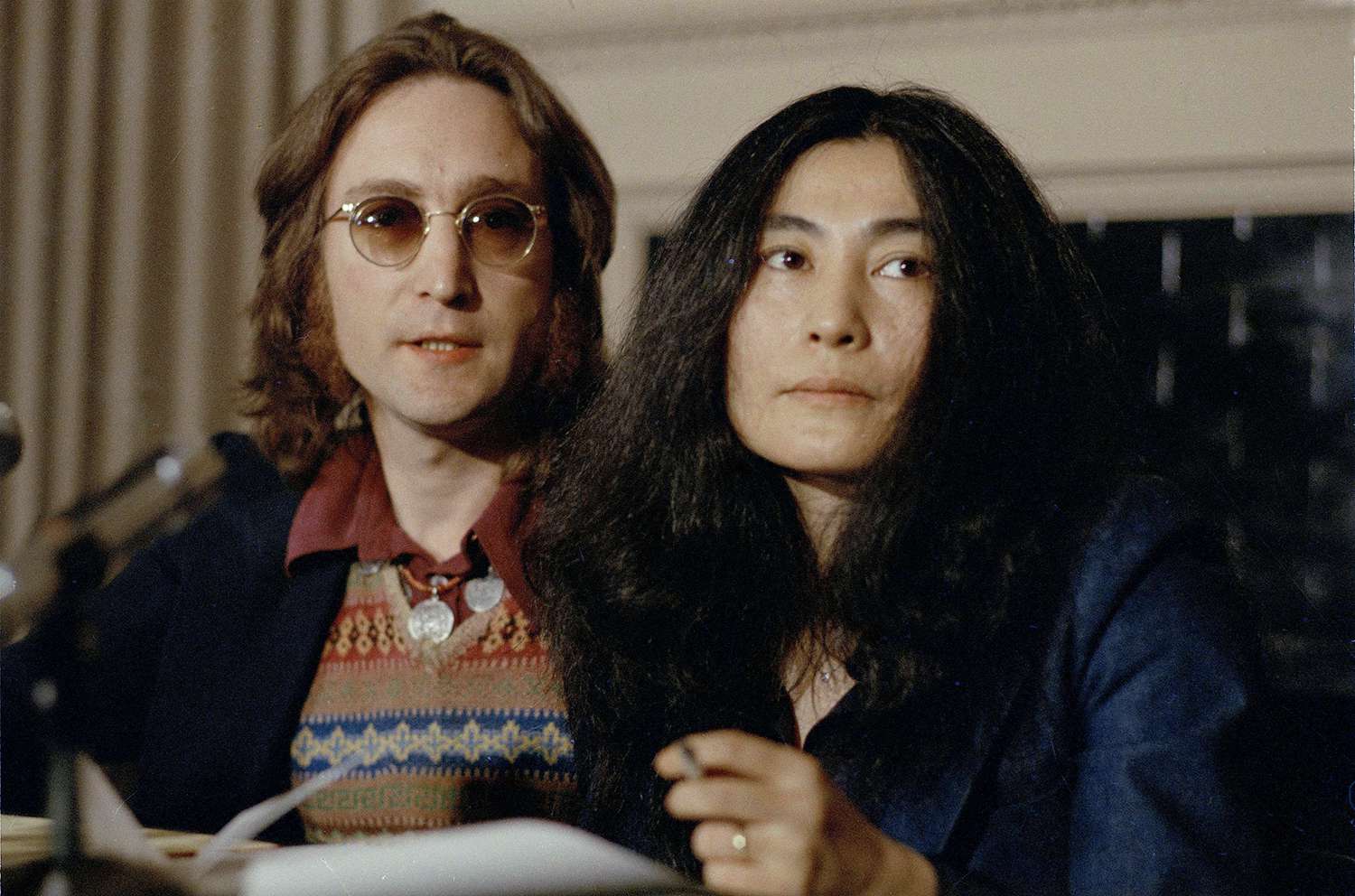A unique series of original films made by Indigenous creators on their homelands is now free for all to watch. These seven short films make up the first season of Reciprocity Project, which answers the question: “What does ‘reciprocity’ mean to your community?” In honor of Indigenous Peoples’ Day, the films are free to stream starting today at reciprocity.org and on REI’s YouTube channel. Reciprocity Project is a collaboration between Nia Tero and Upstander Project in association with REI Co-op Studios.
“Stories from Indigenous peoples about being in reciprocity with the Earth are essential in delivering messages of truth, healing, and transformative change,” said executive producer Tracy Rector, who is also Managing Director, Storytelling, at Nia Tero. “Our survival is the result of the efforts of many ancestors that have come before us, and with the Reciprocity Project films as a guide, we ask ourselves – and you: what kind of ancestor do you want to be?”
Reciprocity Project season one showcases films created within Indigenous communities across Turtle Island in the U.S. and Colombia. The filmmakers worked alongside community partners, infusing the films with unique perspectives on reciprocity and relationship to land and animals.
“Our shared vision is a paradigm shift toward each of us living in reciprocity – taking good care of each other, our families, neighbors and communities,” said Reciprocity Project producer Adam Mazo, who is also Creative Director at Upstander Project.
As the world navigates an escalating climate crisis, Reciprocity Project films uplift Indigenous value systems that have bolstered communities since time immemorial.

“We believe stories can inspire a more equitable, empathetic outdoor community, and we are committed to elevating diversity and representation in the storytellers we partner with,” says Paolo Mottola, REI Co-op’s Director of Content and Media.
The Reciprocity Project is now in production for its second season with a new cohort of Indigenous filmmakers from Kenya, Finland, Sierra Leone, Rotuma, Taiwan, United States, and beyond.
In addition to watching the films, you can read more information about the filmmakers and view discussion guides on the Reciprocity Project website: reciprocity.org.









